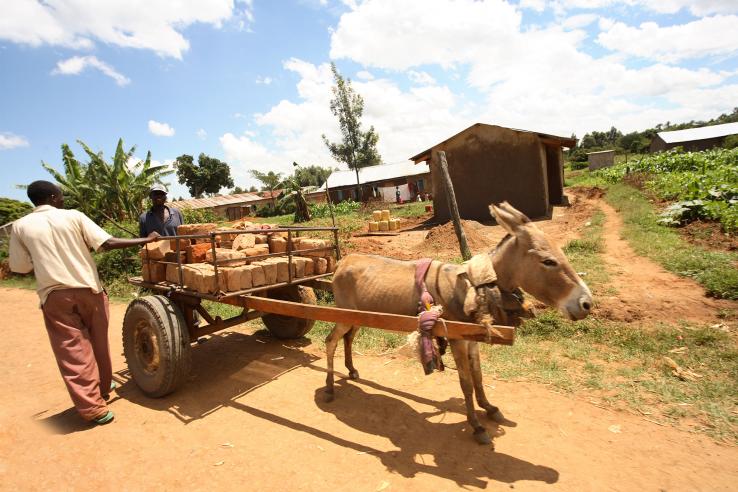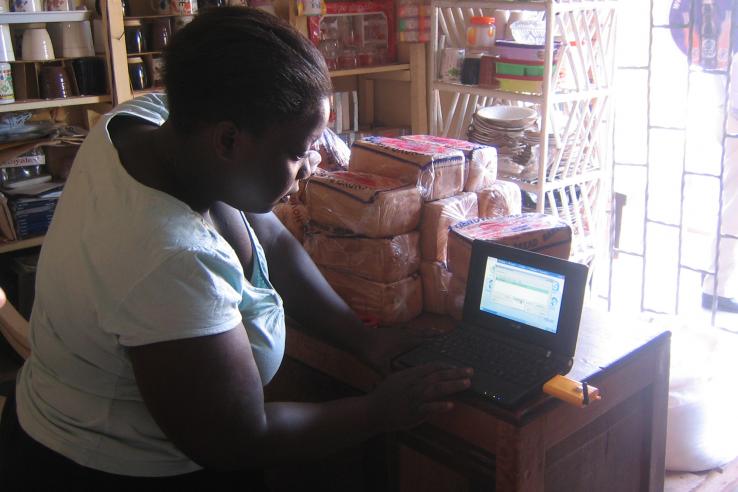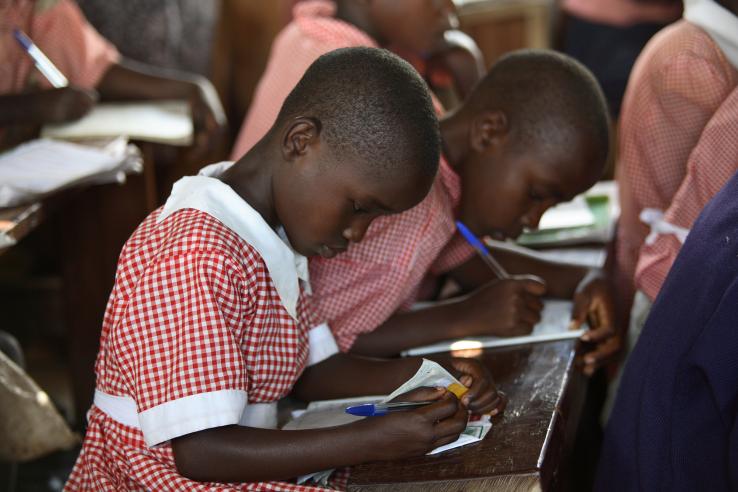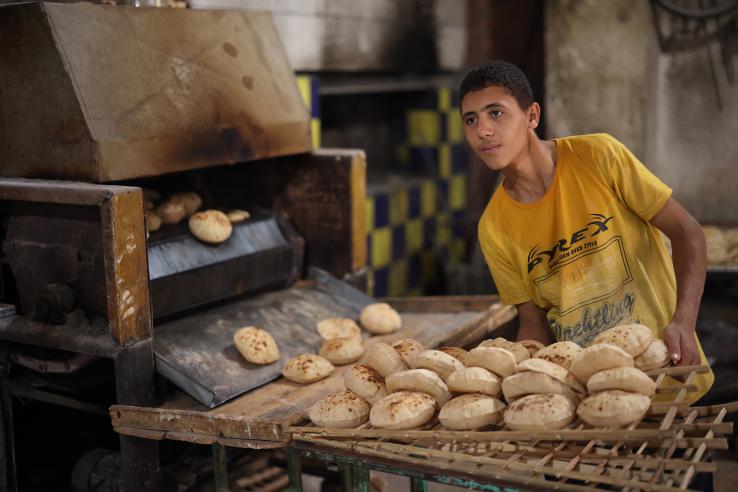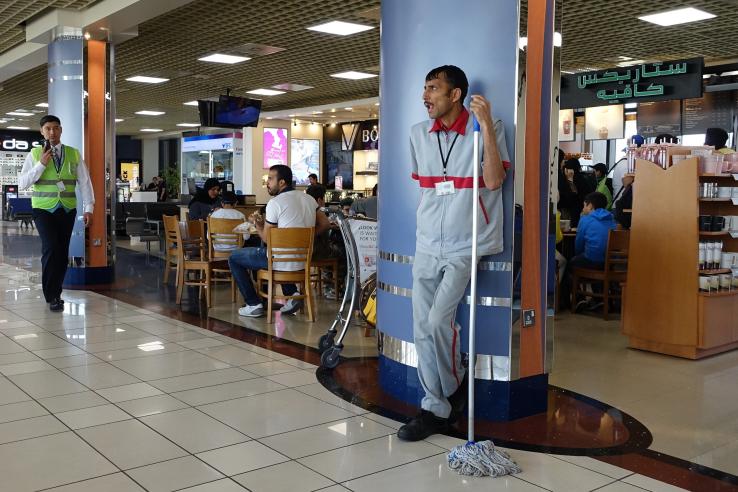Displaying 4786 - 4800 of 8445
Evaluation
Researchers partnered with the two major political parties in Sierra Leone and conducted a randomized evaluation to test the impact of providing reliable information on potential candidates’ qualifications and sharing voter preferences with party officials during Parliamentary elections. More democratic selection procedures increased the likelihood that parties chose the candidate most preferred by voters by 23.9 percentage points, and favored candidates who had a stronger record of providing public goods.
Evaluation
Researchers evaluated whether a package of services, designed to help link smallholder farmers to commercial banks, retail farm suppliers, transportation services, and exporters, could help small farmers in Kenya adopt, finance, and market export crops, and thus make more income. One year after the program began, individuals who received the program were more likely to be growing an export crop, but incomes did not significantly improve.
Evaluation
In Uganda, researchers evaluated the effect of standardized business skills training on business performance as compared to more personalized mentoring services.
Evaluation
Approximately 85 percent of primary school age children in western Kenya are enrolled in school, but only about one-third of students finish primary school. This project was introduced in part to assist families of high-achieving girls to cover the cost of school fees, supplies, and activities.
Page
Landing page
Evaluation
Researchers conducted a randomized evaluation to determine the impact of job training and counseling programs on youth employment in Egypt. The job training programs improved labor market outcomes such as employment rates and income, and sometimes had a positive impact on non-labor market outcomes such as empowerment. However, the addition of counseling did not increase these positive impacts.
Evaluation
Researchers have partnered with a non-profit debt management provider and IPA to evaluate whether reframing difficult, long-lasting tasks, such as paying off large debts, into more easily-attainable “sub-goals” can help borrowers accomplish their goals of debt repayment and increase client retention in a debt management program.
Evaluation
Researchers are evaluating the impact of providing the option of labeled remittances to Filipino workers in the United Arab Emirates on the amount of remittances sent and what those remittances are used for by their recipients.

